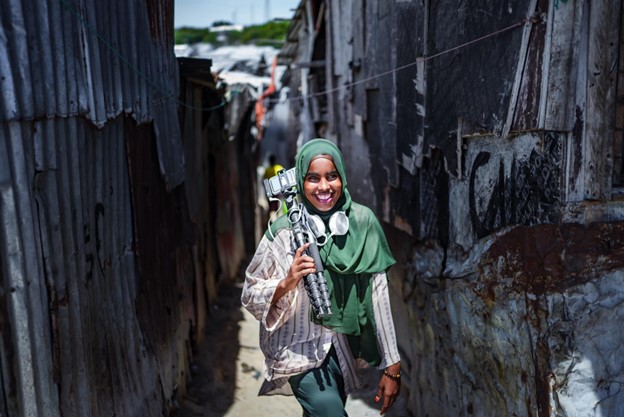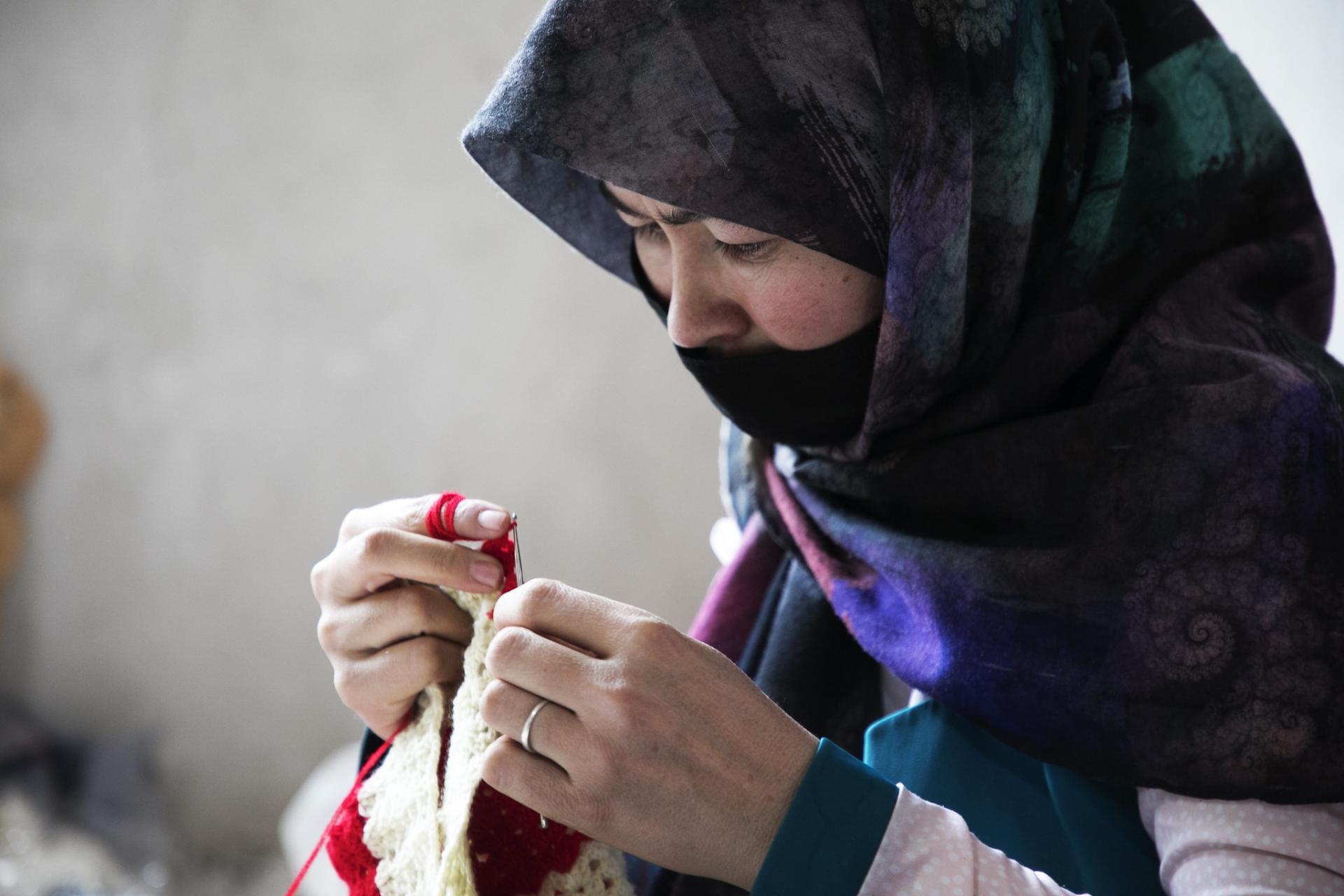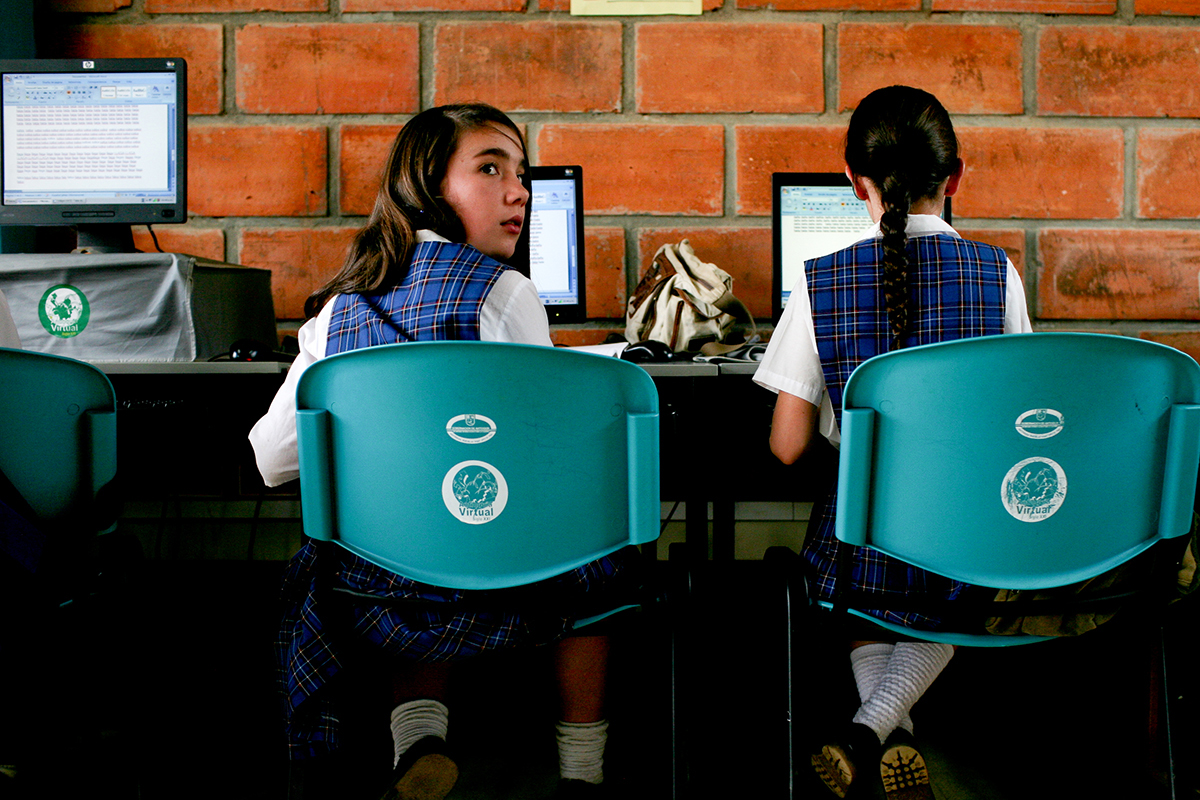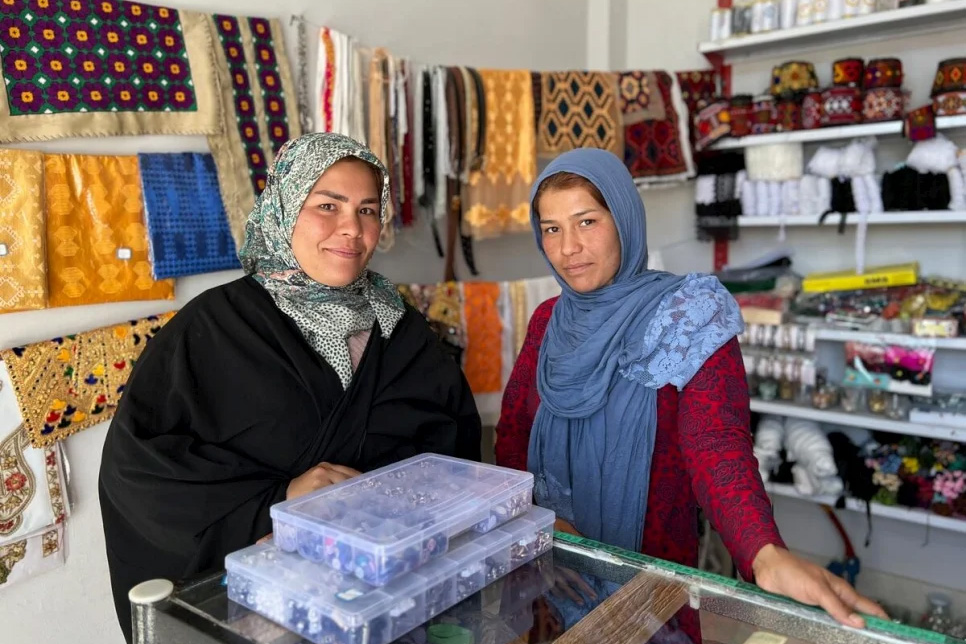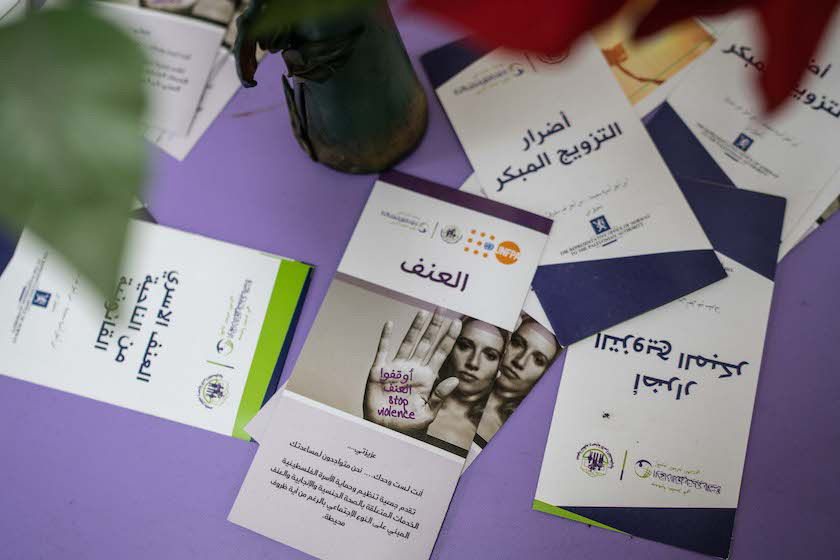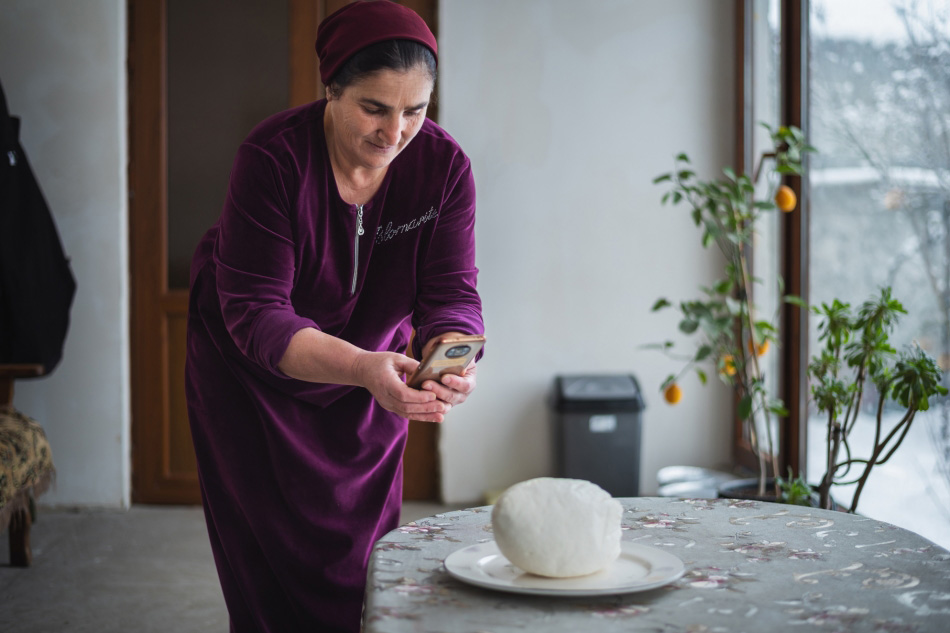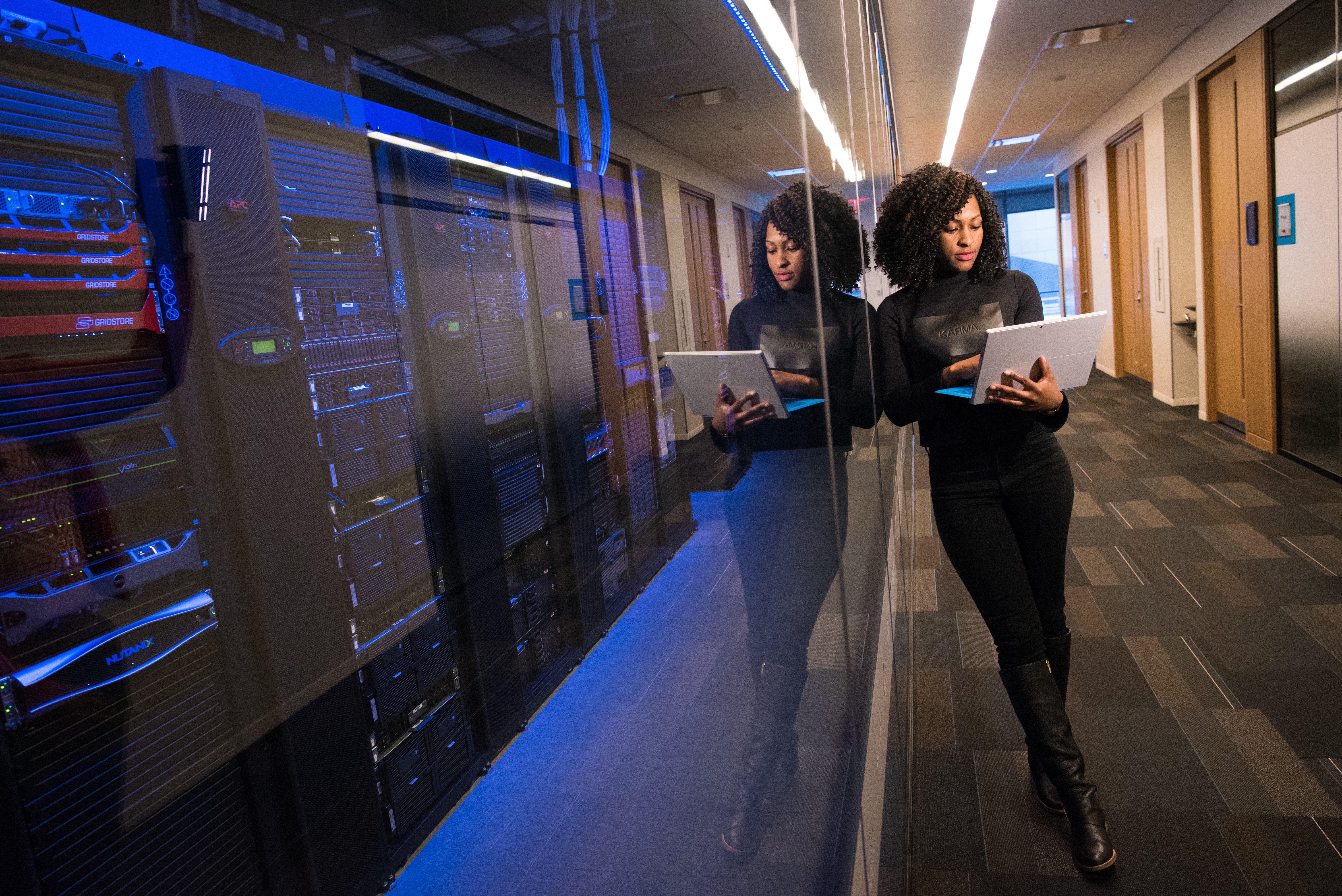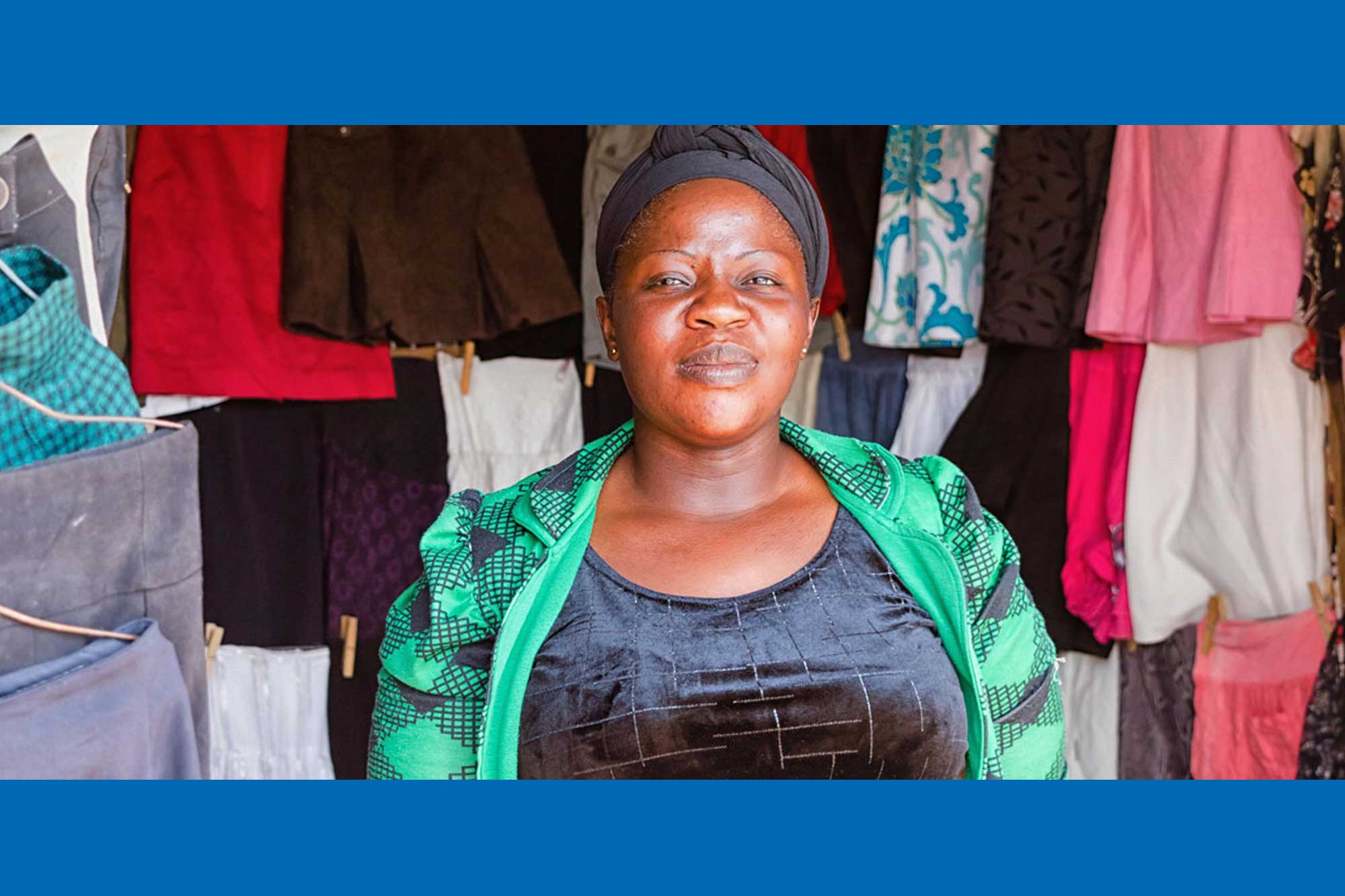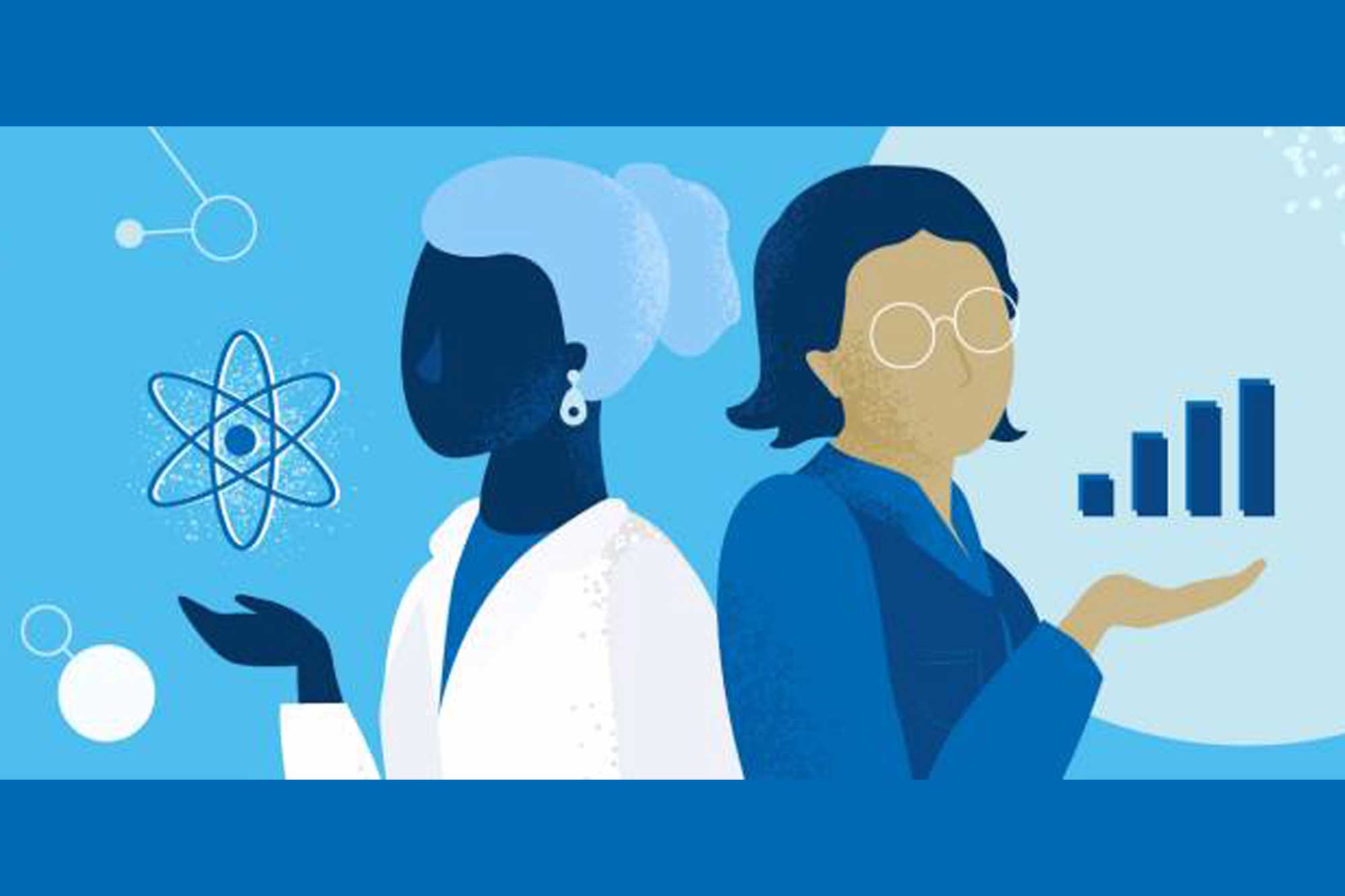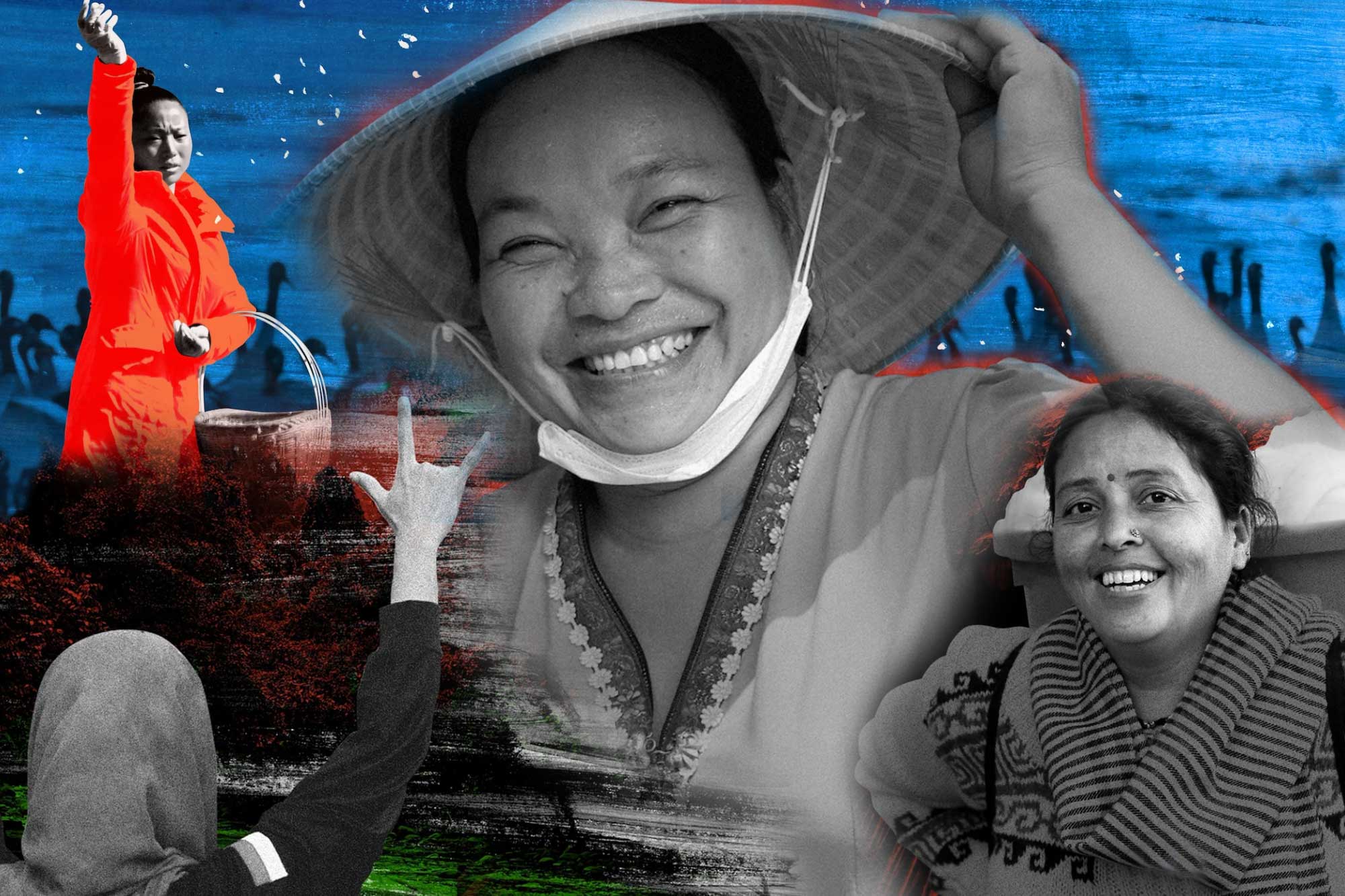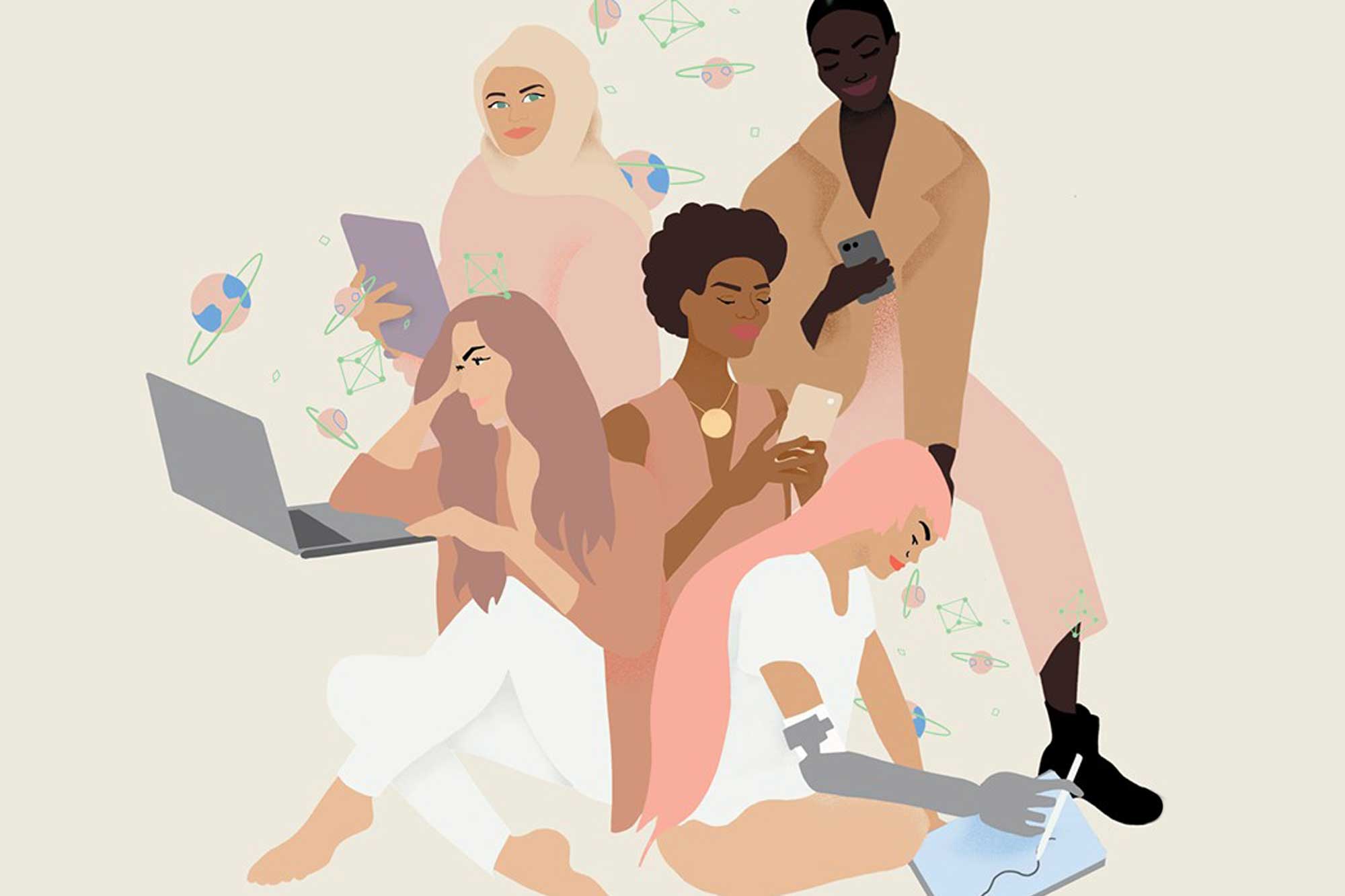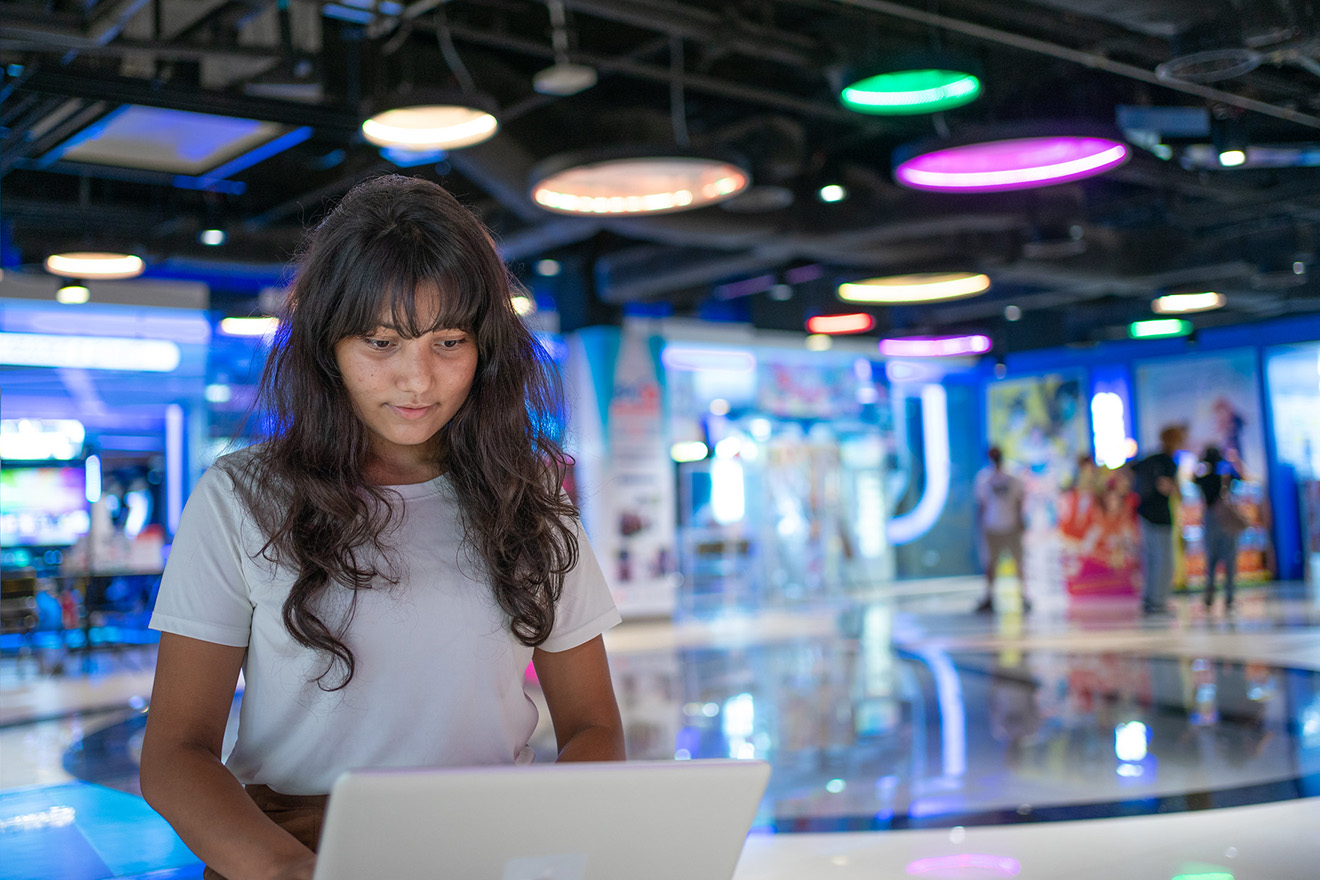When Shukri Mohamed Abdi decided to work in the media, she and her family had to overcome fierce resistance and physical threats from groups opposed to her reporting, where the concept of being a journalist does not exist. The fact that Somalia’s only all-women media house, Bilan, is still in business a year after it was created with support from UNDP is a human rights achievement in itself. By freeing up a space for women to report on what they believe is important, Bilan has opened up a different Somalia to local and international audiences.
Meet Alma Gladys, a beneficiary of the Rural Employment Services Model under the ILO PROSPECTS project which is implemented in partnership with AVSI Foundation.
A new UNDP study of Afghanistan’s economy demonstrates that without continuity for girls’ education and women’s ability to work, prospects for the country’s recovery will remain grim.
WIPO celebrates the “can do” attitude of women inventors, creators, and entrepreneurs around the world – and their ground-breaking work and ingenuity that transform our world.
To help bridge the gender digital divide, the International Telecommunication Union (ITU) created the International Girls in ICT Day (27 April) to encourage and inspire girls to pursue a future in information and communication technologies. By acquiring the necessary digital skills, young women can also aim for careers in science, technology, engineering, mathematics, and other STEM fields in order to achieve their dreams. From coding to a hackathon, the global celebration, will include a series of events available on the #GirlsinICT Toolkit. Join the celebration online!
Just a few months ago, a women’s business centre supporting female traders, was bustling with people. Today, it’s silent. UNHCR plans to distribute tablets to conduct online teaching.
Around the world, patriarchal systems of power have long reinforced norms and ideas that drive gender inequality and its devastating manifestations, including gender-based violence. These issues impact millions of women and girls every year; in fact, one third of women globally have experienced intimate partner violence, non-partner sexual violence or both. Amid these challenges, UNFPA and Palestine’s Ministry of Health launched a new programme to educate midwives, obstetricians, doctors, and others on how to care for patients who have experienced sexual violence.
Malika Machalikashvili’s farm in Georgia was once pretty traditional Today she sells her produce using a smartphone. For the last three years, Malika has been attending FAO trainings, which teach smallholder farmers about better agricultural practices. These platforms have also proved very useful for teaching rural men and women about gender equality, gender-based violence and women’s economic empowerment. These trainings help smallholder women farmers feel empowered to stand up for their rights, grow their businesses and implement successful economic initiatives.
Digital technology and artificial intelligence present important challenges to equality in the workplace and in society. As workplaces transition towards a digital future, we are already seeing that existing gender equality gaps are being reproduced in the digital realm.
In the first of our Future of Work podcast mini-series on artificial intelligence and the world of work - and to mark International Women’s Day, Dr. Orly Lobel explores the important role digital technologies can play in creating a brighter and more inclusive future of work, and some of the surprising ways they are already being used in workplaces today together with ILO's Anders Johnsson.
Photo: WOCinTech/Unsplash
UNCTAD’s online courses help more women in least developed countries (LDCs) benefit from trade.
The IAEA launches its new professional development programme to boost women’s careers in the nuclear field: the IAEA Lise Meitner Programme
As the world steps forward to curb climate change and nature loss, finding solutions that work is vital. Our collective destination will not be reached without women’s equal participation and leadership. Gender-transformative work across Asia-Pacific is thwarting stereotypes, expanding opportunities, and implementing solutions. In this story from UNDP, you can read about Fadlun Bonde, a community ranger working to Combat Illegal Wildlife Trade and help stamp out crime in Indonesia; Chen Guanghui, who joined previously male-dominated professions becoming a ranger to protect black-necked cranes in China; Vi Thi Tuoi, who is working to redefine how medicinal herbs are cultivated and preserved in Viet Nam; and Vijeta, who is weaving a better future in India.
International Women’s Day recognizes the critical contributions of women human rights defenders and feminist movements, who use the transformative power of digital technology to connect, mobilize, and drive social change, while fighting against the persistent pushback of women’s rights. The digital world offers immense opportunities, but it isn’t immune to the persistent backlash against women’s rights and gender equality including gender-based violence and digital exclusion. “International Women’s Day reminds us of the patriarchal power dynamics, old and new, that hold our world back from fulfilling the rights of all women and girls,” said UN Human Rights Chief Volker Türk, "The digital space has yet to undergo a much-needed feminist revolution – and it must."
Today women make up under a third of the workforce in science, technology, engineering, and maths (STEM). When women are under-represented in developing new technologies, discrimination may be baked in from the start. This International Women’s Day (8 March) with the theme “DigitALL: Innovation and technology for gender equality,” recognizes the women and girls championing transformative technologies and digital education. The observance explores the impact of the digital gender gap on widening inequalities and the importance of protecting women’s rights in digital spaces. #PowerOn to create an equal future.
Emerging technologies and digital access can greatly improve the well-being, education, health, and livelihoods of women and girls. However, a significant digital gender gap remains, limiting the equitable benefits of digital transformation. The Commission on the Status of Women – an intergovernmental body dedicated to gender equality and women’s empowerment – will address this problem in its 67th session (6-17 March). The group will revisit the gendered impacts of innovation and identify recommendations for a more inclusive and equitable digital evolution.

